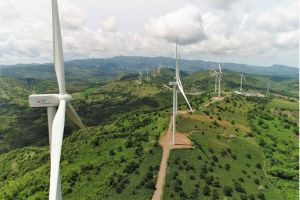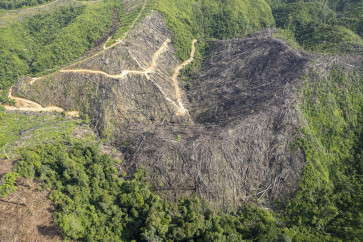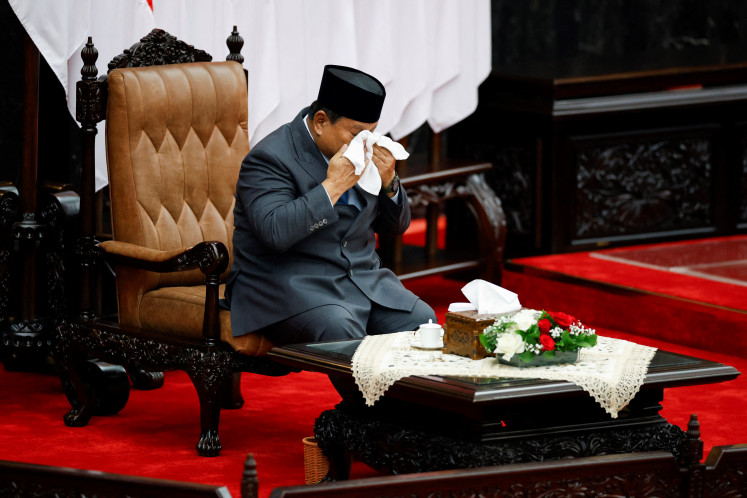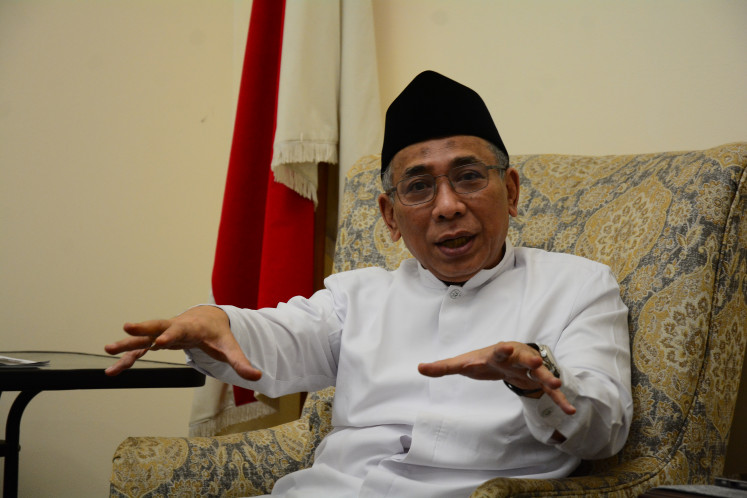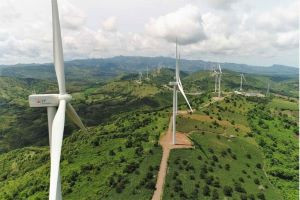Popular Reads
Top Results
Can't find what you're looking for?
View all search resultsPopular Reads
Top Results
Can't find what you're looking for?
View all search resultsBelt and Road: Risks or opportunities for energy transition in Southeast Asia?
The interplay of geopolitical tensions has the capacity to significantly impact cooperative efforts between Southeast Asian nations and China.
Change text size
Gift Premium Articles
to Anyone
The Belt and Road Initiative (BRI) is a global project China introduced in 2013. It aims to establish an extensive network of connectivity, encompassing both land routes (referred to as economic Silk Roads) and sea routes (known as Silk Sea Routes), connecting China to nations across Asia, Europe, the Middle East and Africa.
The economic Silk Road constitutes a land route linking China and Europe through Central Asia, while the Silk Sea route comprises a network of maritime lanes connecting ports in Southeast Asia, South Asia, the Middle East and Africa. The BRI has notable ramifications in the energy sector, including enhancements in energy connectivity, infrastructure and investments in energy resources.
In the context of transitioning to renewable energy, the BRI holds the potential to positively influence the countries traversed along these routes, particularly those in Southeast Asia. China has the capability to facilitate technology, industry development and investment in renewable energy.
The Southeast Asian nations in particular possess significant untapped potential for renewable energy generation, with the region having the capacity to achieve net-zero emissions and adopt clean energy sources amounting to around 17,000 Gigawatts combined.
Moreover, countries in Southeast Asia have set targets to reduce emissions by integrating more renewable energy sources into their energy mix. For instance, Malaysia has raised its renewable energy mix target from 20 percent in 2025 to 31 percent in 2025 and 40 percent in 2030, while Indonesia aims for 23 percent by 2025 and 31 percent by 2030. The Philippines has set goals of 30 and 50 percent for energy renewables in their power generation mix by 2030 and 2040, respectively.
Aligned with the growth of renewable energy in Southeast Asia, in September 2021, Chinese President Xi Jinping announced that China would refrain from constructing "new coal plants abroad". This commitment also extends to the BRI, with China discontinuing financial support for coal-based projects starting in 2021.

